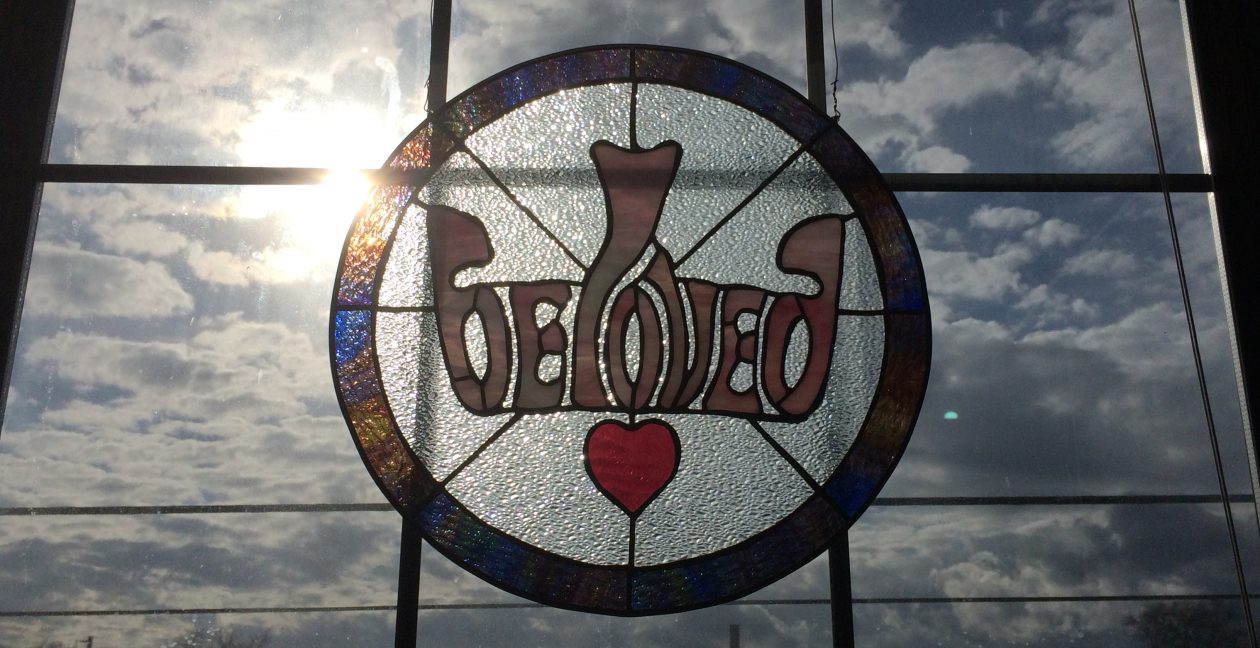I spent part of my teenage years living in downtown Washington, DC. It was the height of both the crack epidemic and the Reagan administration’s gutting of social programs for homeless and low income people. My neighborhood, a diverse, high-traffic, mixed-use area, had some rough edges, but I loved exploring the streets and the subways. Along the way and with perpetual reminders from my understandably protective father, I learned habits of caution. I carry them with me to this day.
As a result, I am quite wary when anyone approaches me when I am in or around my car. So the other day when I pulled alongside a gas pump at a station on Crestwood Boulevard, I sent a glare in the direction of a young man who was ambling purposefully toward my van.
He caught the look and turned to a car on the other side of the aisle of pumps. Sure enough he asked the driver for money. I busied myself with the pay-at-the-pump mechanism. When I looked up, however, this slender, shabby, polite, dreadlocked, young, black man was headed toward my grumpy, middle-aged, ‘busy,’ white self. He was hungry, he said. Would I give him some money so he could get something to eat?
For once I could honestly say I had no cash at all. An ATM stop was among the next items on my to-do list. After a moment, however, I gruffly offered to buy him chips and a drink (about all that was to be had at this particular station) on my debit card. Irritation at this interruption in my day vibrated off me. He picked out a vitamin water and a bag of Fritos, asked me if his choices were okay, and walked off quietly after I paid the man behind the bulletproof glass window.
I watched him go and felt the full flush of shame. True, I had not completely blown the guy off. He was walking away with a decent snack. Yeah, he probably wanted the money for alcohol or drugs. But at some level those things don’t matter. I had in no way treated him as my brother in Christ. This young man, so different from me in many ways, might still have been my son. I had not treated him as I would want my child to be treated. I spent $3.50 to get him chips and a drink, but I had done it grudgingly – out of some sense of pacifying my own conscience rather than out of concern for him.
I don’t like getting ripped off. I don’t like people approaching my car. These are sensible ways of protecting my mind and body. Those reflexive actions endanger my soul and spirit, however, when they close off my heart, when they allow me to be too self-absorbed to reach out in kindness. There are ways to be sensitive to all of these matters, but it’s not easy. For that, I need help from God.
I didn’t chase the young man down and try to fix things. I didn’t think that fast. But I did figure out a better response by reflex for when something like this happens again. While that may include an offer of lunch from a nearby fast-food place, there’s a more important piece. No matter how ‘busy’ I am or how much I hate being approached at my car, I have no excuse for not speaking from a place of kindness. In the past I’ve managed that some of the time, but I know I can do better with God’s help.
I can acknowledge the full humanity of each child of God with my actions, whether it’s this young man or some Mountain Brook Mercedes SUV driver who cut me off in traffic on 280. I might want to cuss (ahem, might have cussed) in both such situations. That’s my human response. God, however, gives me the tools to reach for something better than that.
We are wandering with Jesus in the wilderness in this season. From that place I can aim to better practice respect and love for all God’s children. I can’t fix the past, but I can acknowledge it and try to walk closer to Jesus in the future.
-Jennifer Sanders


One thought on “Lenten Reflection from Jennifer Sanders: Change”
Comments are closed.